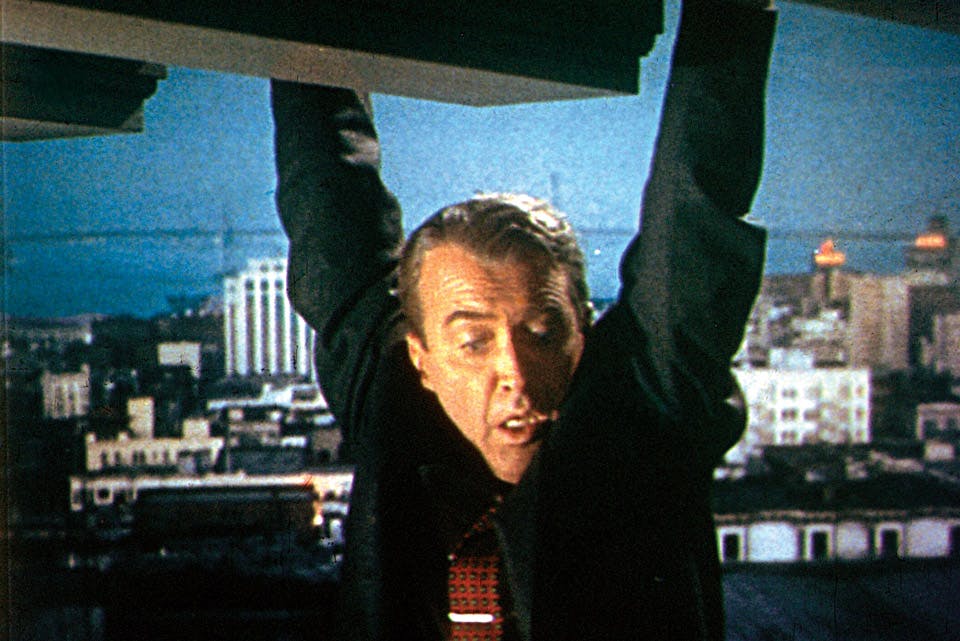Arts
New Heights
The Cleveland Orchestra brings Bernard Herrmann’s score for “Vertigo” to life at Severance Hall.
Related Articles
.jpg?sfvrsn=6b61b838_5&w=960&auto=compress%2cformat)
5 Unique Symphony Shows to See This Season
Orchestras take on pop, country, Broadway musicals and Hollywood scores at Ohio theaters and music halls between now and March 8. READ MORE >>

A First Look at the Ohio-Made Movie ‘Lost & Found in Cleveland’
In this film by Keith Gerchak and Marisa Guterman, an antiques-appraisal television show’s visit brings together a diverse cast of characters. READ MORE >>

The Sweet Sounds of Gahanna’s Creekside Blues & Jazz Festival
Head to the Columbus suburb June 14 through 16 to check out this popular three-day music festival, now in its 25th year. READ MORE >>



